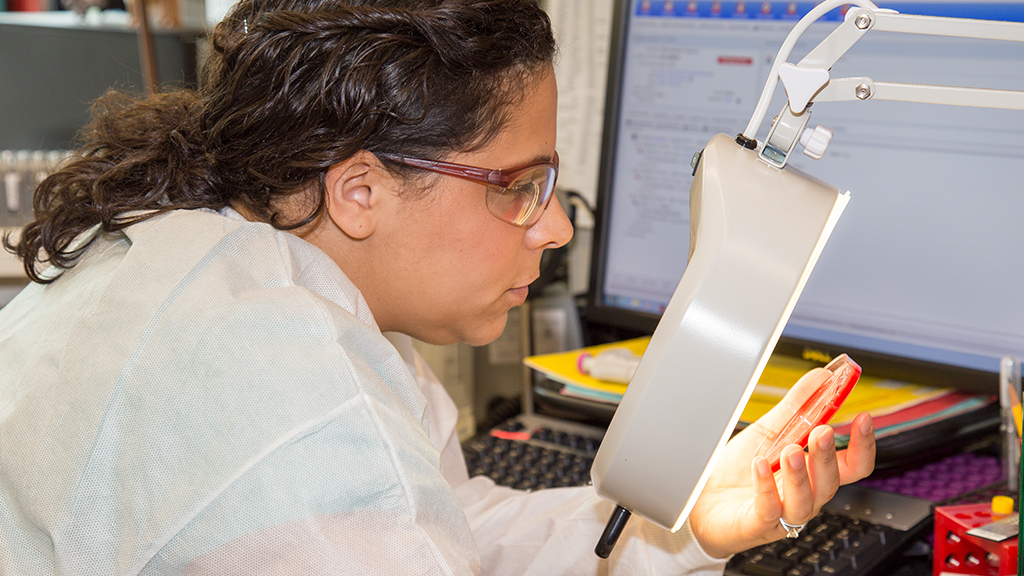Pets are family, and supporting their wellness is essential. Pet health labs are invaluable resources in guiding treatment plans for domestic pets.
Here, we’ll discuss how diagnostic testing supports pet health and explain the testing process.
Understanding Pet Diagnostic Centers
Advanced veterinary diagnostics focus on testing for testing biological materials. These labs support animal doctors to monitor ongoing conditions.

How it works usually includes:
- Obtaining specimens: Biological materials are prepared for analysis.
- In-depth testing: State-of-the-art processes deliver diagnostic insights.
- Results interpretation: Data supports treatments for proactive solutions.
Key Diagnostics for Pet Health
Pets benefit from a range of diagnostic services to detect illnesses early. Routine diagnostics include:
- Complete blood counts (CBC): Provide an overall health picture.
- Bladder and kidney checks: Check for diabetes.
- Stool testing: Identify digestive disorders.
- Skin health exams: Diagnose food or environmental allergies.
- X-rays and ultrasounds: Spot fractures or injuries.
genoma laboratório veterinário
Why Diagnostic Exams Are Essential
Frequent health checks improves pet care. With advanced testing capabilities, your pets can recover faster.

The advantages include:
- Proactive care: Health problems are minimized.
- Preventative care advantages: Early detection reduces expenses.
- Knowing your pet is well: Regular tests keep you informed.
laboratório são camilo veterinária pet
Why Testing Matters for Dogs and Cats
Pet health labs provide the foundation for accurate diagnoses. By using these valuable resources, you give them the care they deserve.
Start their journey to better health today and help them live their best lives!